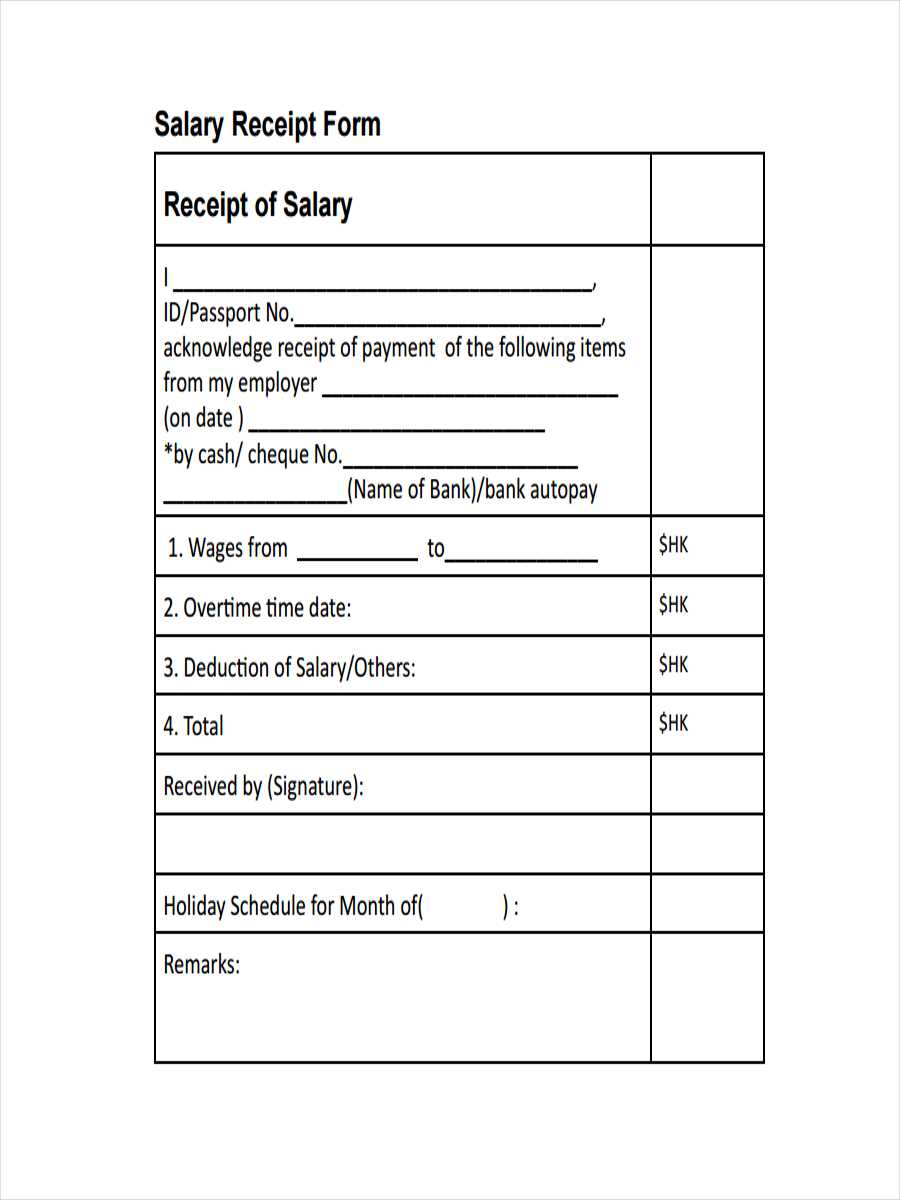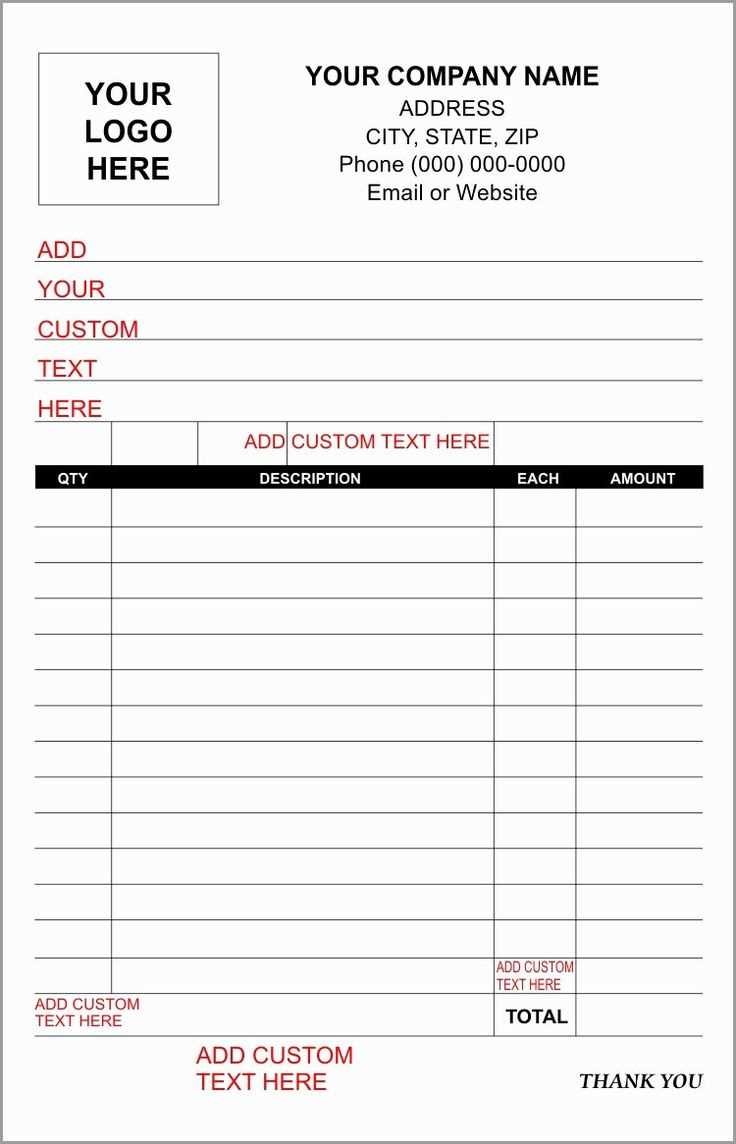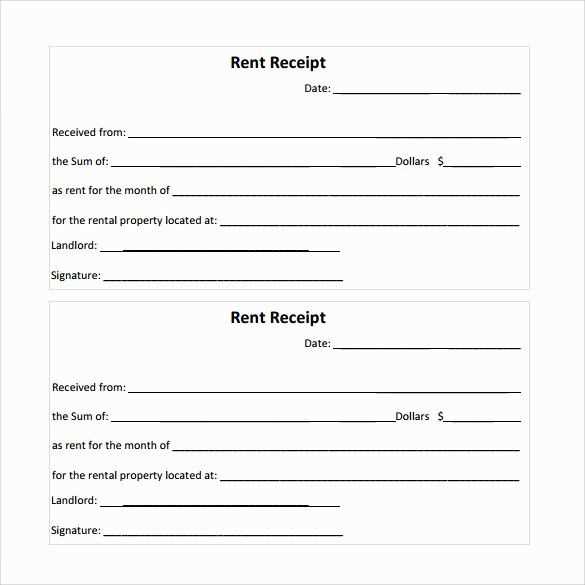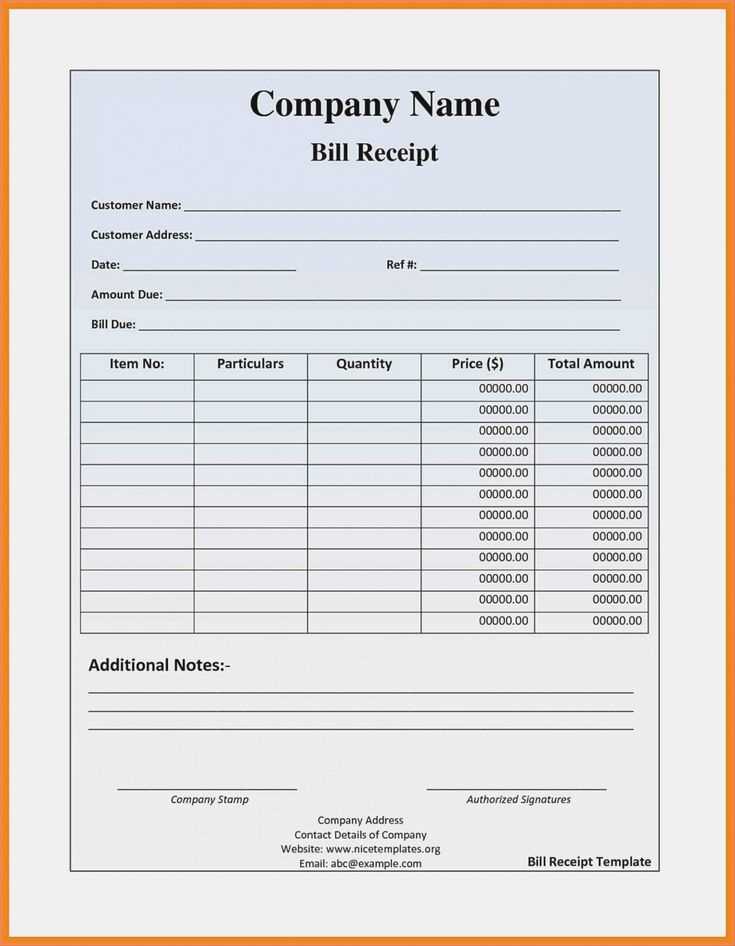
Need a simple way to document key handovers? Use a ready-made key receipt template to ensure clarity and security in every transaction. Whether managing rental properties, office access, or equipment storage, a properly structured receipt helps track responsibilities and prevent disputes.
A well-designed key receipt should include essential details: recipient’s name, date, key description, issuer’s signature, and a return agreement. Adding an acknowledgment statement confirms that the recipient understands their responsibilities, reducing potential misunderstandings.
To customize a template, ensure it fits your specific needs. Consider adding a unique serial number for easy reference, a designated return date, or a section for additional notes. Digital formats offer added convenience, allowing recipients to sign electronically and store records securely.
Download a free key receipt template in PDF, Word, or Excel format and keep a clear record of all key exchanges. A simple document can save time and provide peace of mind for both parties.
Free Key Receipt Template: Optimized Version
A well-structured key receipt should include essential details to ensure clarity and security. Below is a refined template that eliminates redundancy while maintaining accuracy.
Key Details to Include
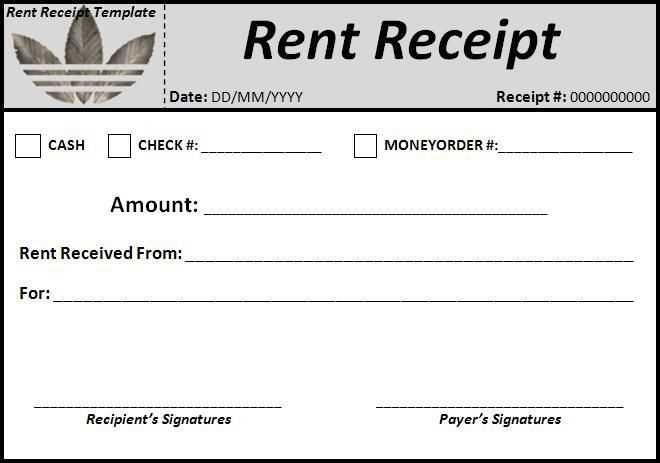
- Date: Specify when the key was issued.
- Recipient’s Name: Identify the person receiving the key.
- Issuer’s Name: Record the individual providing the key.
- Key Description: Note key type, number, or associated lock.
- Purpose: State the intended use (e.g., office, storage, apartment).
- Return Agreement: Outline conditions for returning the key.
- Signatures: Include both parties’ signatures for verification.
Sample Template
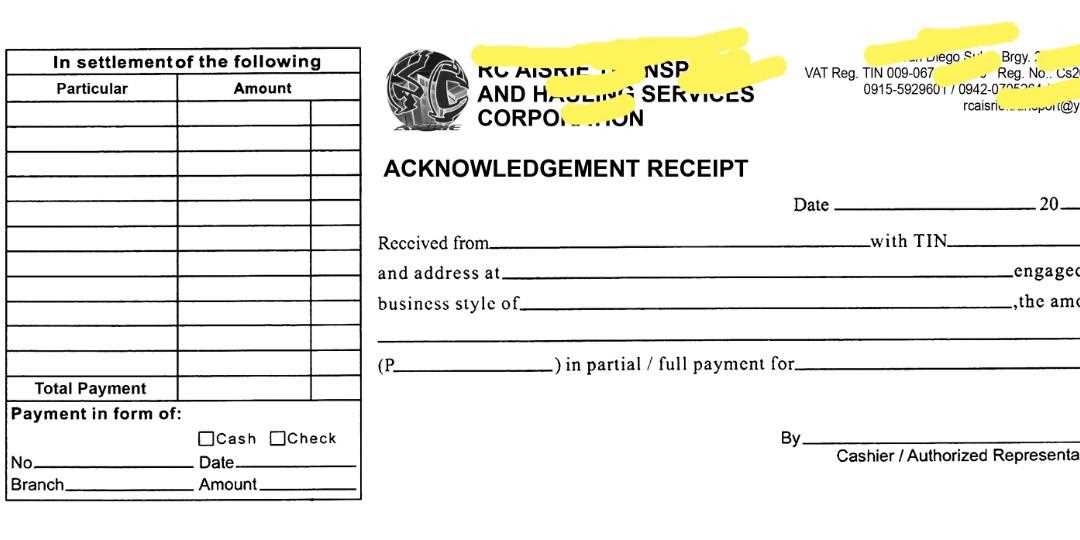
Use this streamlined template for clear documentation:
KEY RECEIPT Date: [Insert Date] Recipient: [Full Name] Issuer: [Full Name] Key Description: [Type/Number] Purpose: [Intended Use] Return Agreement: [Terms] Recipient Signature: __________ Issuer Signature: __________
Adapting this format ensures accountability while reducing misunderstandings.
Free Key Receipt Template
Use a structured key receipt template to keep track of issued and returned keys. Ensure each receipt includes essential details for clear documentation.
| Field | Description |
|---|---|
| Receipt Number | Unique identifier for tracking |
| Date | Issue or return date |
| Recipient Name | Person receiving or returning the key |
| Key Description | Reference number or location details |
| Condition | State of the key upon return |
| Authorized By | Person approving the transaction |
| Signature | Confirmation from the recipient |
Always keep a copy for reference and require signatures to confirm responsibility. Digital records help maintain an organized key management system.
Include the date of the transaction to provide a clear record of when the exchange took place. List the names or business details of both the issuer and the recipient to ensure proper identification.
Specify the item or service provided, including quantity, description, and price. Use a breakdown format if multiple items are involved. Clearly state the total amount, including any taxes or discounts.
Indicate the payment method used, such as cash, credit card, or bank transfer. If applicable, add a reference number or authorization code for tracking.
For businesses, include a unique receipt number to simplify record-keeping and potential audits. If needed, provide a return policy or warranty details for customer reference.
Modify the template easily by adjusting the text fields, layout, and design elements. Open the file in any text editor or spreadsheet software that supports your chosen format. Replace placeholder text with actual details, such as names, dates, and amounts.
Adjust Fonts and Colors
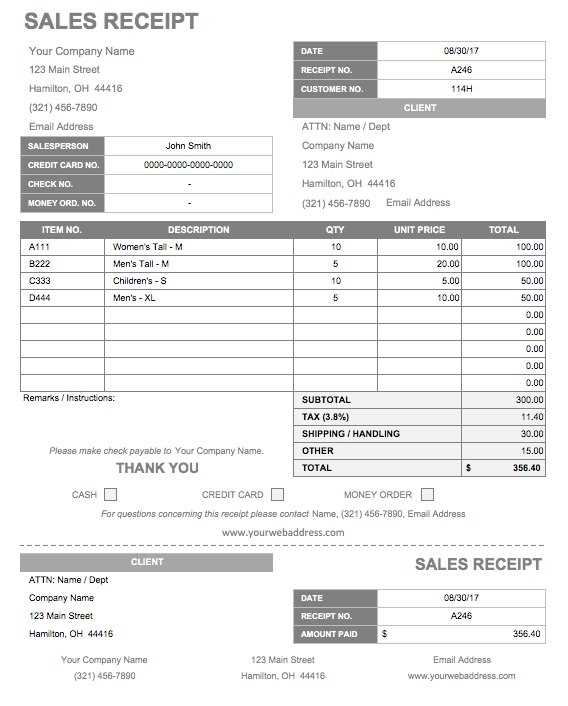
Change fonts and colors to match your branding. In a text editor, update font styles using the toolbar or modify CSS styles if working with an HTML version. For spreadsheet templates, use the format options to set font size, boldness, and color.
Add a Logo and Additional Fields
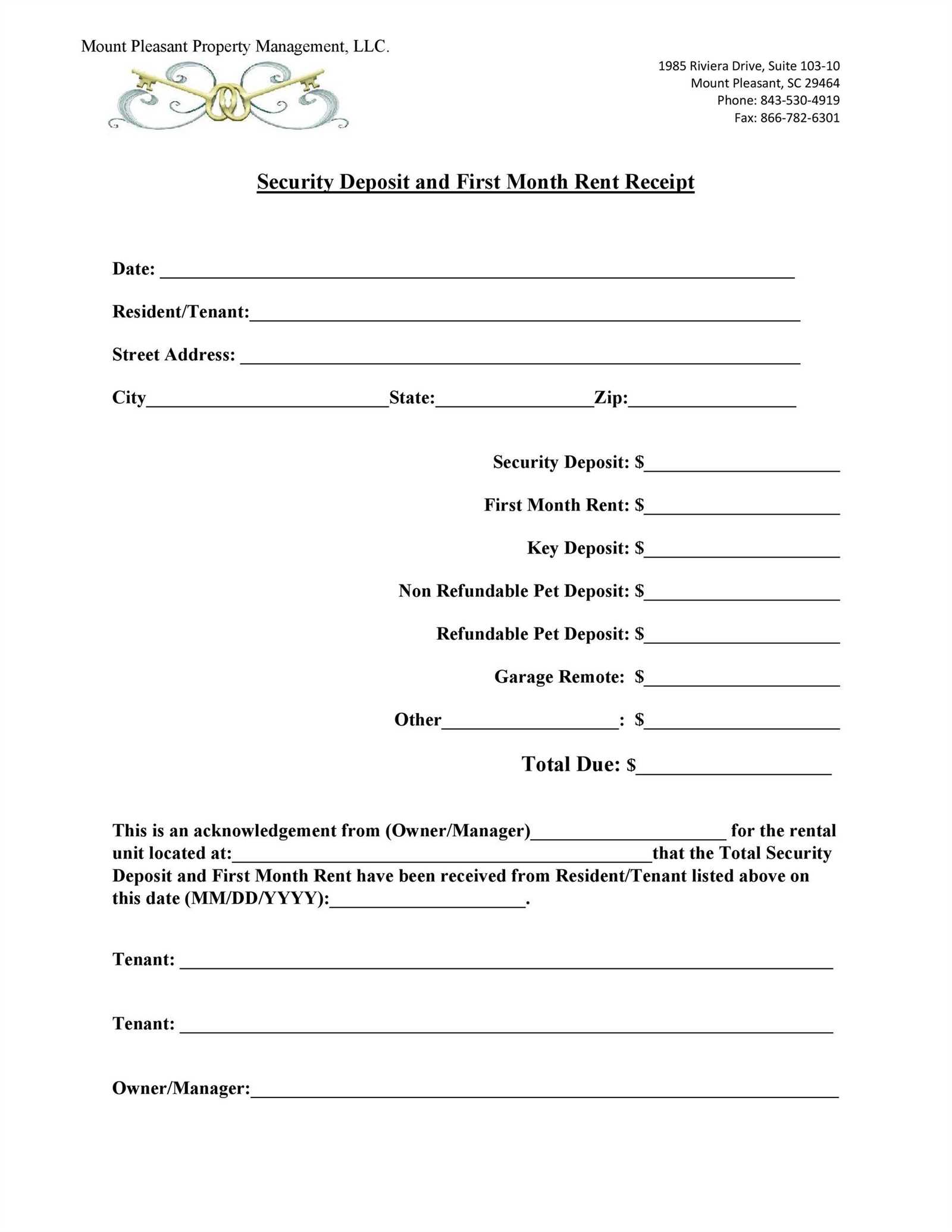
Insert a company logo by dragging an image file into the designated space or using the “Insert” function in spreadsheet programs. If additional fields are needed, copy and paste existing sections, then update labels accordingly.
Save the customized template in your preferred format, ensuring compatibility with your printing or digital sharing method.
Ensure the key receipt template is compliant with applicable laws in your jurisdiction. Make sure that it includes necessary disclaimers, terms, and conditions to avoid potential legal issues. This may include specifying the ownership of the keys, the responsibilities of both parties, and the terms of use.
Clear Liability Clauses
Specify who is liable in the event of a lost, damaged, or misused key. Clear liability clauses protect both the issuer and the recipient from potential disputes. State the consequences of failing to return the key or violating the agreed-upon terms.
Privacy and Data Protection
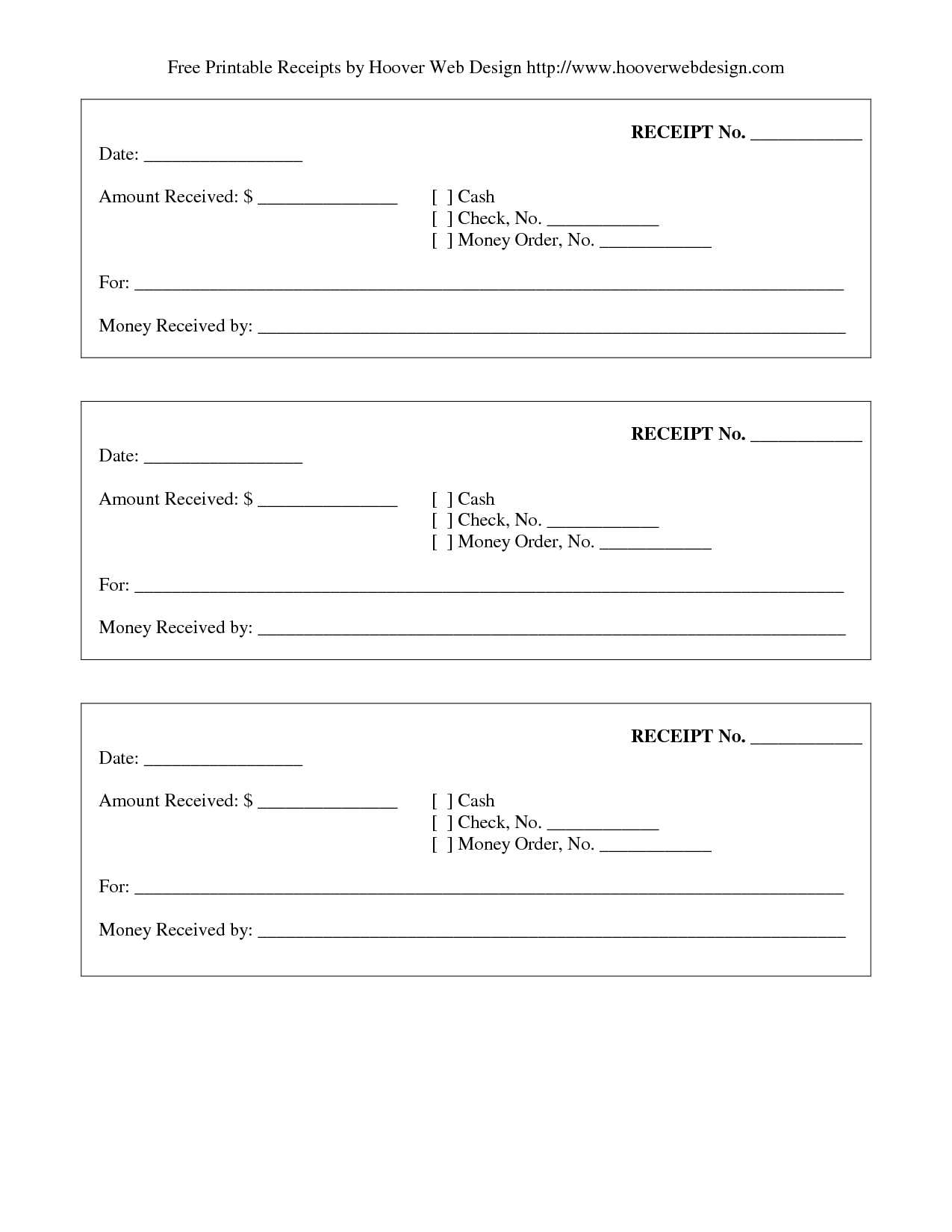
If the key receipt involves personal data, ensure it aligns with privacy regulations like GDPR or similar local laws. The document should indicate how personal information will be handled, stored, and protected.
For a smooth key receipt process, a clear and concise template is key. Use the following steps to create an effective key receipt template:
- Recipient Information: Include the name, contact details, and identification number (if applicable) of the person receiving the key.
- Key Information: Specify the key’s type, purpose, and any associated property or equipment it grants access to.
- Signatures: Both the recipient and the issuer should sign the document to confirm the transfer of the key.
- Date and Time: Clearly mark the date and time the key is issued, ensuring there’s no confusion about the timing.
Additional Tips
- Unique Identifiers: Assign a unique identifier for each key, which will help track its use and return.
- Return Instructions: Include clear instructions on how and when the key should be returned to the issuer.
